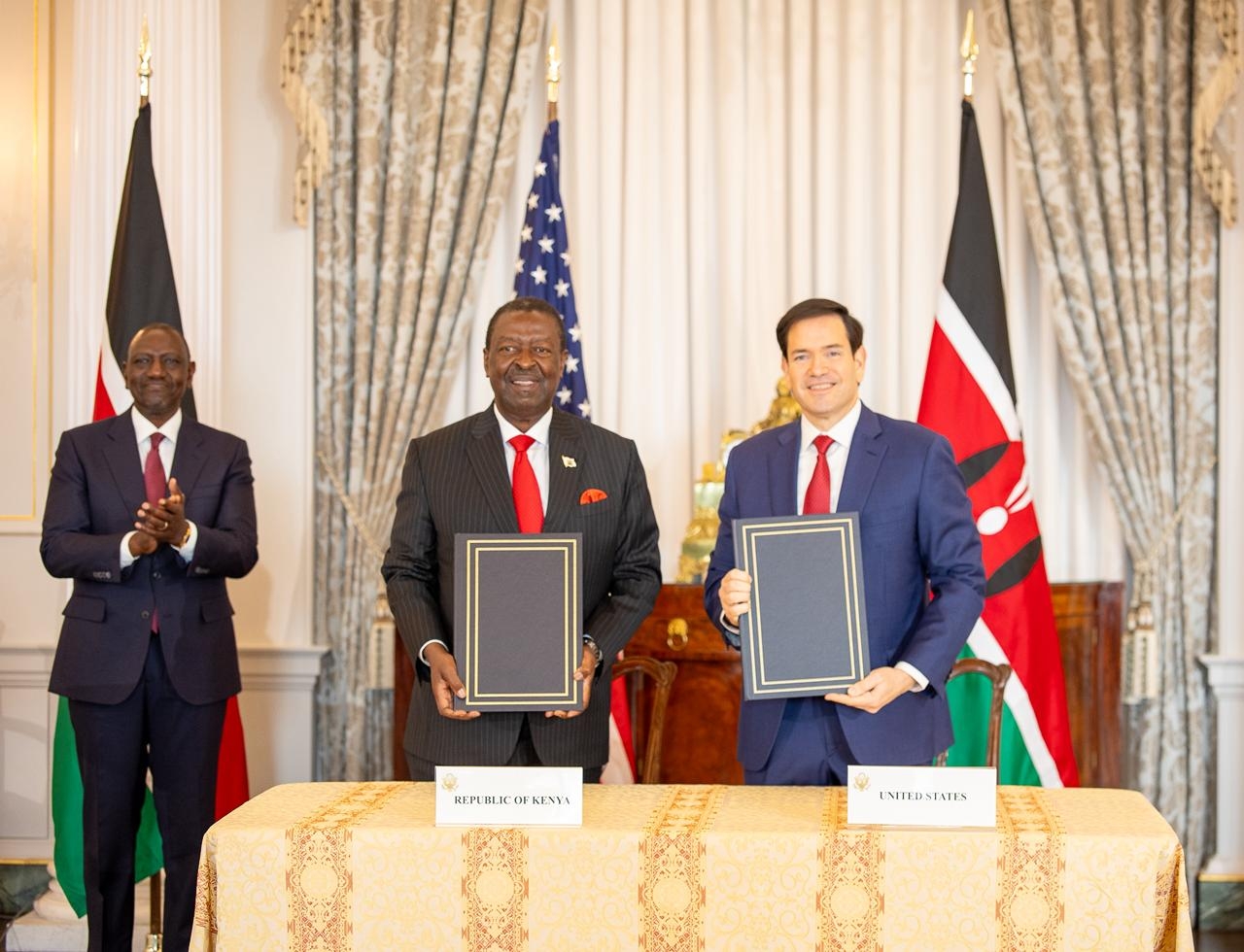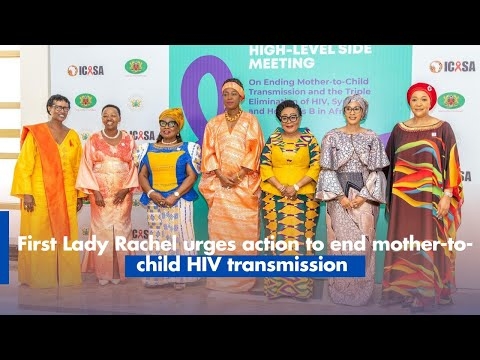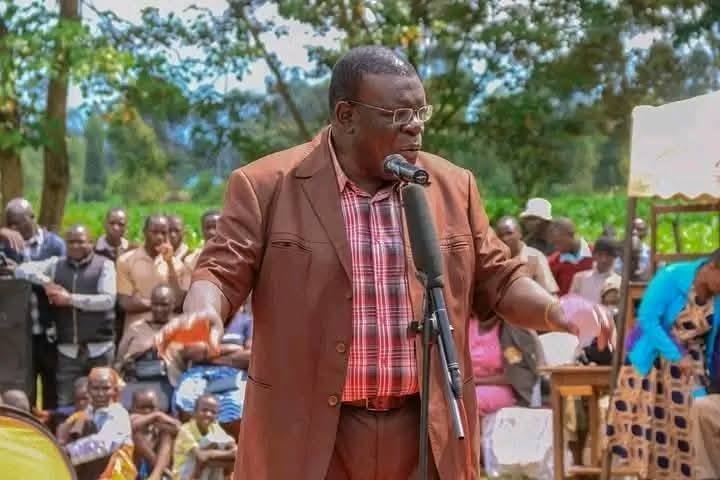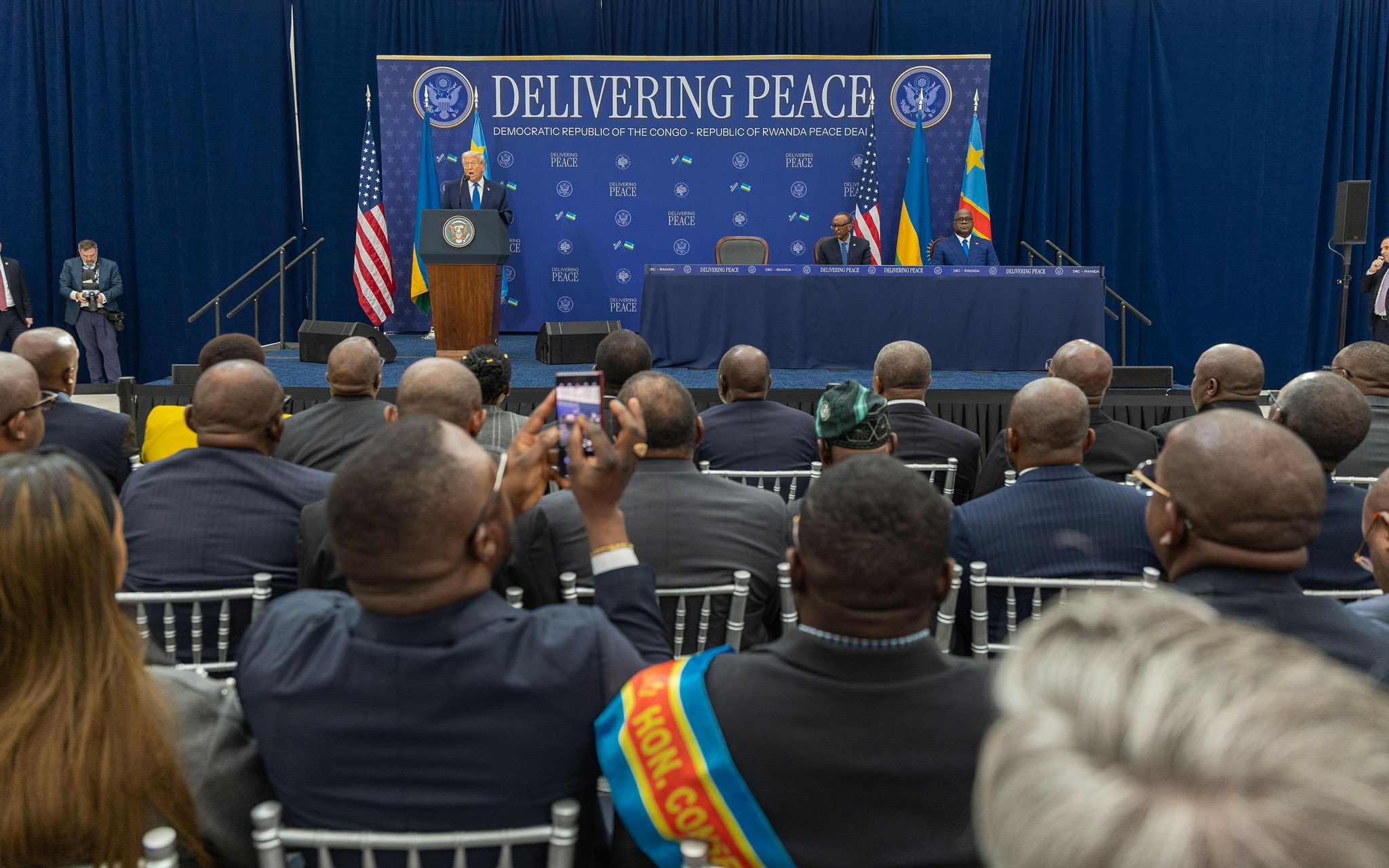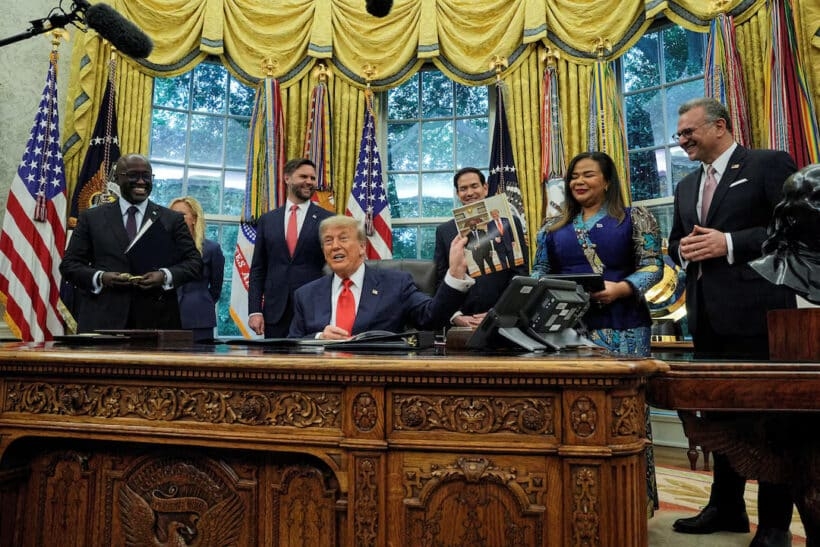In current times, young people’s interests are often disregarded in public policy.
Their interests are frequently overlooked in the public policy sphere in favour of those of more powerful interest groups.
It is not necessarily the case that the welfare of youth is deliberately disregarded, but because their voices are not heard and the impact of public policy on their lives is not discussed in decision-making forums, their concerns never reach the top of the political agenda.
In major parts of the country, there is growing intolerance of young people in the public arena.
They are widely viewed as undesirable particularly when they are in groups.
Public spaces are seen to be ‘owned’ by adults, with young people’s presence representing an unwanted intrusion.
Little or no thought is given to developing towns and cities that are designed with young people in mind.
During the electioneering period, every politician chants about how they will give young people opportunities all in a hoax.
In the end, broken promises culminate in less participation of the youth in democratic and public affairs.
Effective youth participation is about creating opportunities for young people to be involved in influencing, shaping, designing and contributing to policy and the development of services and programmes.
These opportunities are created through developing a range of formal and informal mechanisms for youth participation from youth advisory groups to focus groups, from ongoing consultation work to supporting youth-led projects and giving the youth a chance to serve in the public sector.
Giving young people a place in decision-making builds a broader base of citizen involvement and creates stronger, more inclusive communities.
Youth participation is necessary for the development of active citizenship because it balances young people's social rights with their responsibilities.
Research shows that young people who are supported to participate in decision-making are more likely to have increased confidence and self-belief, exercise positive career choices, and have greater involvement and responsibility in the future.
The current government should recognise the innovative potential of the youth and integrate them into leadership positions to tap their ability.
If this is done, their opinions may be taken seriously and young people will develop skills, build competencies, acquire confidence and form aspirations. It is a virtuous circle.
The more opportunities a young person has for meaningful participation, the more experienced and competent they will become.
Procurement Assistant Officer at the Centre for the Study of Adolescence
Edited by Kiilu Damaris


